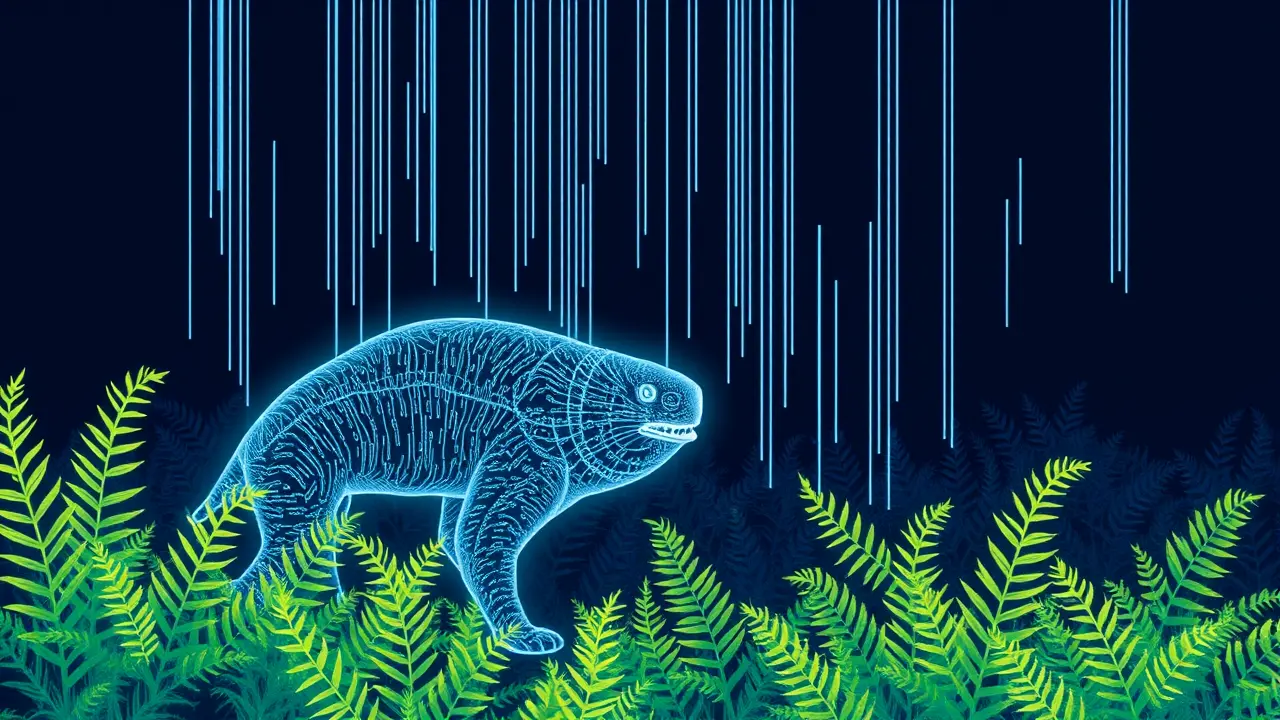
SciencebiologyEvolution and Ecology
The Spirituality of Wildness and Human Nature
LA
Laura Bennett
10 hours ago7 min read
We are, perhaps, the only animal that willingly builds its own cage and then mistakes the confines for the entirety of the world. The bars of this enclosure are not made of steel but of our own creation—the relentless glow of a screen, the curated prison of the self, the intoxicating but hollow thrill of being right.From within this self-imposed captivity, we peer out and name our limited vista 'reality,' a profound forgetting that to reclaim our wildness is to reclaim the very essence of our humanity. To squander this connection is to waste our own aliveness, a quiet tragedy that plays out in the hum of our daily routines.Few thinkers have offered a more resonant key to this lock than William Henry Hudson, born August 4, 1841. Hudson, often called the Audubon of the pampas, discovered his profound gift not in grand lecture halls but in the whispering grasses and vast skies of his South American youth.His work, particularly in volumes like 'Afoot in England' and the essays compiled in 'The Book of a Naturalist,' serves as a long, slow exhalation, an invitation to remember a rhythm of existence that predates our modern anxieties. I've spoken with countless people who feel this unnamed yearning—a city-dwelling accountant who finds his shoulders finally drop during a weekend hike, a mother who watches her children become different, more present beings when skipping stones in a creek.These aren't just leisurely escapes; they are instinctual returns. Hudson’s writing channels this beating heart of the natural world not as a distant observer, but as someone who understood that we are not separate from the landscape.He wrote of birdsong not as an ornament to silence, but as a fundamental thread in the fabric of being, a language we have simply forgotten how to hear. This spiritual connection to wildness is a theme that echoes across cultures and disciplines, from the forest-bathing traditions of Japan, known as Shinrin-yoku, which clinically measures the reduction in cortisol levels after time spent among trees, to the wisdom of Indigenous cultures for whom the land is not a resource but a relative.The modern psychological term for the human need to connect with nature is 'biophilia,' a concept popularized by E. O.Wilson, but Hudson was articulating its emotional and spiritual dimensions a century prior. He wasn't just cataloging species; he was documenting a state of soul.To engage with his work is to participate in a quiet rebellion against the fragmentation of our attention. It is an act of remembering that our breath syncs with the wind, that our own vitality is mirrored in the unfurling of a fern. This isn't a call to abandon society for a hermit's life, but a plea to consciously dissolve the bars, to step outside the cage of abstraction and feel the rain on our skin, to recognize the wildness that still pulses within us, waiting only for our acknowledgment to breathe fully once more.
#editorial picks news
#William Henry Hudson
#naturalism
#spirituality
#wildness
#humanity
#nature writing
Stay Informed. Act Smarter.
Get weekly highlights, major headlines, and expert insights — then put your knowledge to work in our live prediction markets.
Related News
© 2025 Outpoll Service LTD. All rights reserved.
